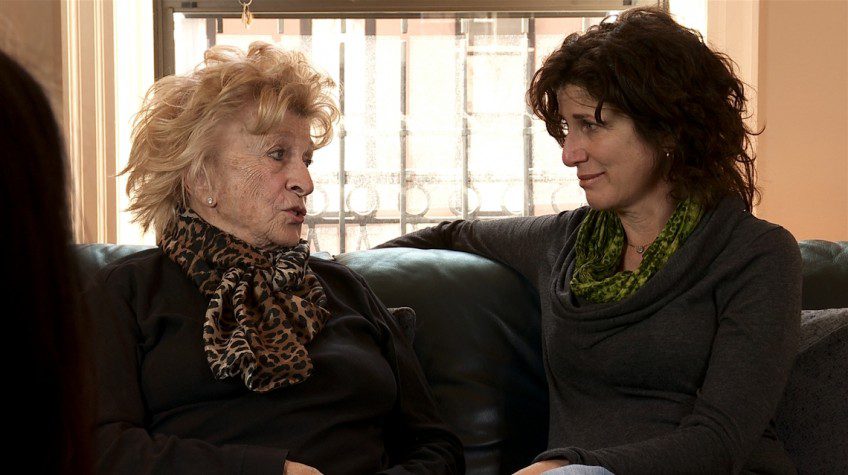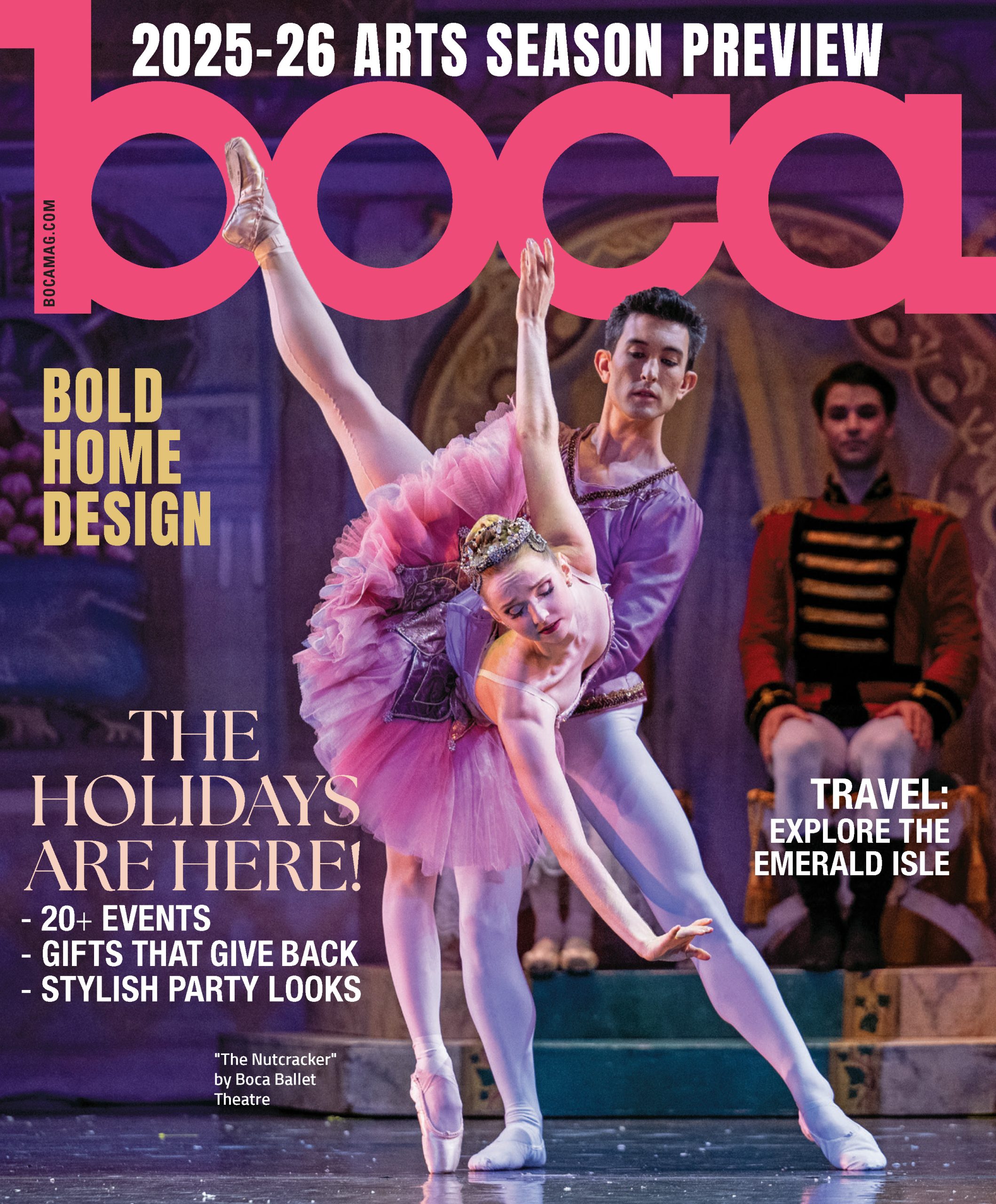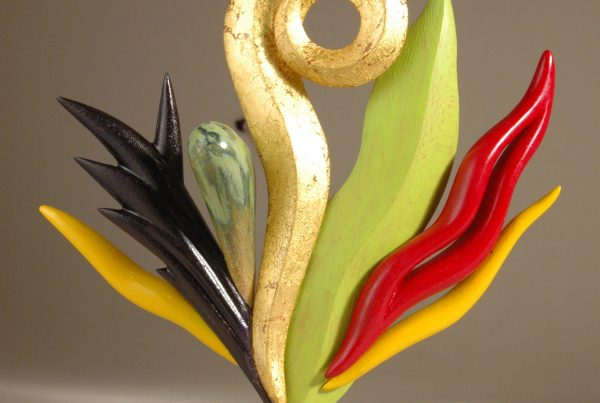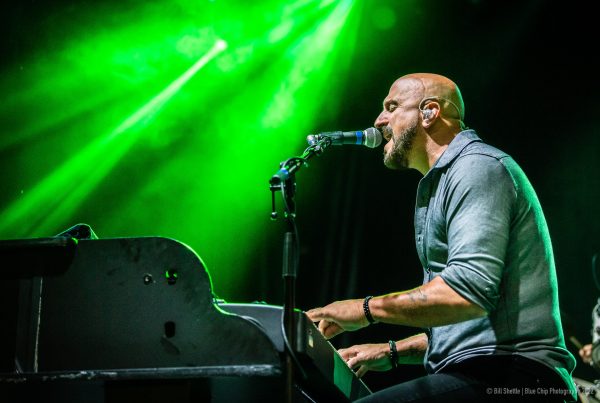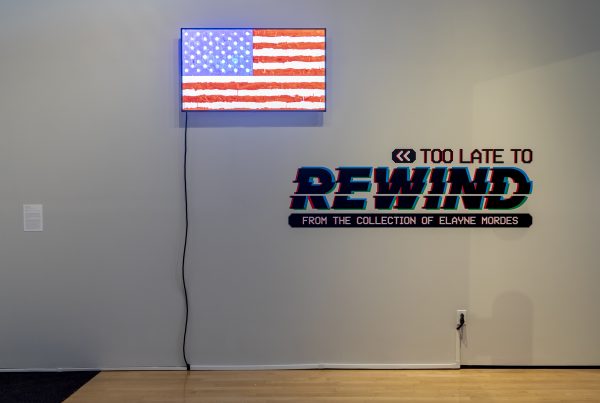
“Did you ever feel you were born into the wrong family?” So asks filmmaker Gayle Kirschenbaum at the outset of her initially tragicomic, and ultimately inspiring, documentary “Look At Us Now, Mother!” (opening today in South Florida).
A diaristic portrait of the director’s fraught lifelong relationship with her mother, the film combines 50 years of family videos with newly shot footage of Gayle and mom Mildred, now retired in Boca Pointe (the country club makes a few familiar cameos in the film). Kirschenbaum spelunks a childhood filled with emotional and psychological degradation from a mother who picked at every nit she should, from her daughter’s “flat chest” to her big hair to her allegedly oversized nose to her inability to find a husband. Now in her twilight years, despite Gayle’s attempts to reconcile their past, Mildred has blocked all of it away, hiding behind a veil of selective amnesia and dark humor: “Why don’t you waterboard me, and I’ll confess,” she jokes.
Kirschenbaum’s journey through healing traces back three generations—through attempted suicides, arranged marriages, battles with depression and the passing of a beloved pet—before finally reaching catharsis. Shaping decades of tumult into a narrative, “Look at Us Now, Mother!” is, quite literally, film as therapy. And as Kirschenbaum reveals to Boca magazine, it’s more than just a film.
When you began this project, did you have storyboards, or an outline, or a narrative in mind, or was it more of an open slate, and you’ll see where it goes?
I had a mission in mind. I wanted to make a movie that would help people. None of this was meant to be: I, like you, have told other people’s stories in television and documentaries and TV shows [Kirschenbaum’s producing credits include original series for A&E, Court TV, HBO and the Discovery Channel]. I never really thought I would do my own.
But it was through the reaction of a funny short film that I ended up making called “My Nose,” about mom trying to get me to have a nose job, and people standing in line telling me their stories, that I realized, Oh my God, so many people are hurting. It doesn’t matter how famous or rich you are, or any of that stuff. If you were hurt as a child by someone close to you, invariably a parent, and you haven’t forgiven that person, it’s hurting you and nobody else.
People thought the nose film was brave, but it was really light and fluffy. And I thought, you know, I’m going to ask mom if she’ll come on this journey. And I knew at this point she was funny, she was smart, she was out there. She’s an exhibitionist, and she loves attention at all costs. [In an early review], the Washington Post said that if you have a mother like Gayle Kirschenbaum’s, you’d better get yourself into psychoanalysis. And she read it and went, “great, bad press is better than no press!”
I knew she had a thick skin, and I’m an open person. I have this archive that my father started shooting in the ‘50s. I took over when he finished, and I felt this need. I thought, who else is going to do this? I didn’t know what the outcome would be, but I knew that there would be a journey and that it was well intended. I had done work already and was continuing to work on my journey to forgive her.

How many hours did you spend watching over these old videos looking for insights?
I don’t know. I can’t judge the hours. In the end, between the archival footage and my footage I shot over the years, we had over 200 hours of footage. But I did not sit and watch everything. I watched all the 8-mm footage for sure. But I didn’t watch every single piece of footage. I brought on helping hands to organize it, and it came together in the edit room. [As it happened], I recut the whole thing, brought in the humor and lightened the abuse. I say it’s “abuse light,” because there was no reason to vilify her. That wasn’t the point of the film.
You certainly did a good job at that. I went into the movie with no expectations, and I ended up laughing and crying.
Yes, that was my mission, so thank you! That’s the signature of my work. I like to take people on emotional journeys, but I do like to leave them with laughter. That’s why you should stay through the credits. It’s been at umpteen festivals here and abroad, and they usually turn the lights on during the credits, and I have to tell the theaters, “keep the lights down! There’s a surprise at the end.”
Was there ever any resistance to framing films around your life? Because you have to be vulnerable in front of a camera, and I don’t think everybody could do that.
No. In fact, I had to argue with my colleagues. People who were really smart and talented were saying, “pull out the scene where I’m fighting with my mother, and she’s screaming that I’m making a film about her, right when I’m having that surgery.” So many people said, “take it out, you don’t look good, it’s not necessary.” And it’s like, wait a minute. I’m a flawed individual. I did not grow up untouched by what happened to me. You need to see I am flawed. You need to see that I lost it. I’m not making a vanity film. I’m making a film to help people, and I need to be who I am. Of course, I never expected that I would be sharing these intimate moments with the world, but it was not even a question for me. I couldn’t care less. It’s all out there.
How did your mom feel about the presence of the cameras, while it was filming?
She was getting frustrated with it, but she kept going. She got used to it, and when she got tired of it she’d scream and cover the lens.
What does your mom think of the film now?
She first saw it in a private screening with about 100 people at NYU Tisch [School of the Arts]. I have a lot of friends that teach at the film school there. We flew mom up, and it was a huge standing ovation. She comes down to the stage and tells the audience, “I never knew I was such a bitch!” She was very good-humored about it all. I have to applaud her, because I don’t know anyone else who has a mother that would be willing to do this, and who is as funny and smart as mine. Her brain is sharp, and her tongue is sharp.

Have you found that your story has resonated with other mothers and daughters and helped them heal?
Yes. It’s huge. We are swamped. The Q&A gives me an opportunity to talk to people and tell them about forgiveness, and how you get there, and why you get there. I teach a class on seven steps on how to do that. I notice, just as a person in life, that when you’re an open person, people feel safe to be open with you. So my film is so open that by the time people get done with the screening, they are thinking about their own life. People come back and see it over and over again, and they say, “I saw things in it the second time I didn’t see the first time.” I’ve heard mental health professionals say this should be required viewing for everybody in the mental health field.
And it’s not just meant for mothers and daughters. Men wait in line to talk with me, they’ve got a story to share. I think I’ve made a universal film here that hits all genders from female to male and everything in between—even the LGBTQ communities. It seems to resonate with all nationalities. It’s about human beings, and who we are, and how things get passed on through generations. And the message is forgiveness. You have to do it for yourself.
Have you adopted another dog? [Note: Chelsea, Kirschenbaum’s beloved shih tzu and the subject of her 2004 directorial debut “A Dog’s Life,” has passed into Doggie Heaven].
No. I’m just working like a fiend here. I’ve been so consumed and I’m traveling so much. I look forward to quieting down, passing the distribution baton to others, because I felt this film is the centerpiece of a movement—my book is next, and the initiative we’re going to launch, and we’re putting thought leaders together to focus on this theme of forgiveness and healing, especially between mothers and daughters. I’m working my butt off here. I look forward to finding the right people I can pass the baton over to, and getting my time back to do what I’m meant to do, which is to keep creating on this.
“Look at Us Now, Mother!” opens today at Regal Shadowood and Living Room Theaters in Boca Raton, The Last Picture Show in Tamarac, and Movies of Delray. Gayle and Mildred Kirschenbaum will offer Q&A sessions following screenings of the film at 12:30 and 3 p.m. March 25 at Movies of Delray, and at 4:45 and 6:45 p.m. March 25 at Living Room Theaters at FAU. Q&As will continue throughout the weekend and the following week. Visit the movie’s website for complete details.

